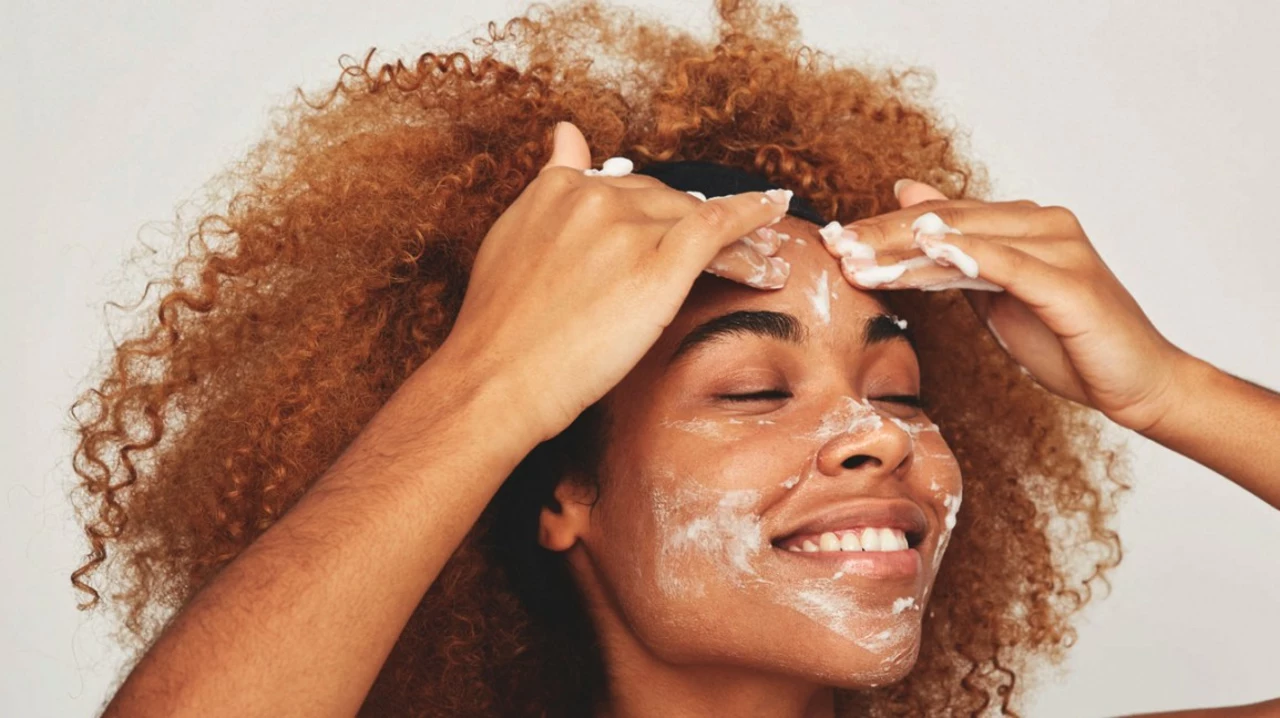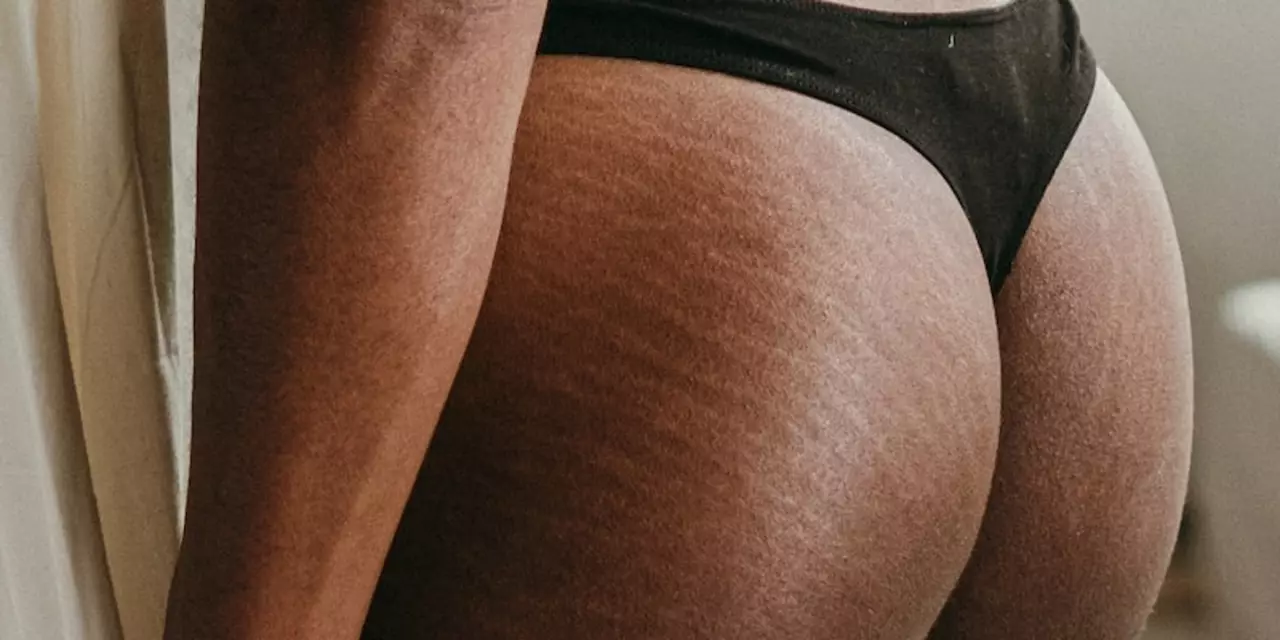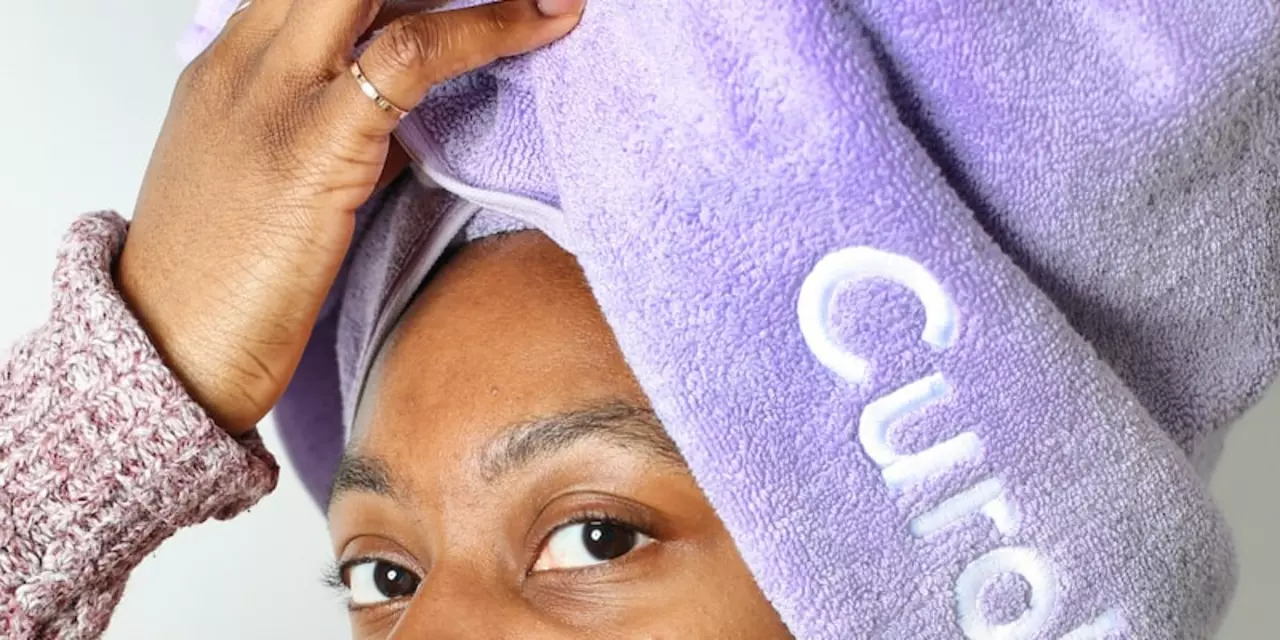Acne: Honest Advice, Effective Treatments, and What Really Works
Acne is more than just a skin problem—it can mess with your confidence, make you avoid certain lighting, and sometimes even ditch plans with friends. But there’s good news: there are proven ways to tackle it, and the science behind acne treatments has come a long way. If you’re fed up with random breakouts, confusing skincare shelves, and endless myths, you're definitely not alone.
First off, the right product matters. Adapalene is one ingredient that’s become a go-to for dermatologists and everyday folks alike. It’s a retinoid (think of it as a cousin of Vitamin A) that’s tough on breakouts but gentle enough for long-term use. People with stubborn blackheads and inflamed pimples see results, often within weeks. Just know it can dry your skin at the start, so keep a moisturizer handy and don’t ignore the sunscreen.
Wondering what else works? Consistency is key. No cream or gel will give you overnight miracles—it usually takes several weeks of daily use to notice real changes. Many try something for a week, get frustrated, and switch. Sticking with one solid product as directed really pays off. Also, avoid scrubbing your face too hard or using harsh cleansers. They’ll just make inflammation worse.
Dealing with acne isn’t all about what you put on your face. Your daily routine plays a huge role. If your gym towel is rarely washed or you keep touching your face, those habits could undo your progress. Simple hygiene tweaks, like clean pillowcases and hands-off-your-face rules, honestly help more than most fancy products.
You might see products claiming to be miracle cures. Approach them with a skeptical eye. Stick to what actually has strong research behind it: adapalene, benzoyl peroxide, and, for some, prescription meds from a real doctor. Steroid creams or antibiotics without medical advice can backfire and cause more harm than help.
If over-the-counter options don’t cut it, connecting with a dermatologist is the smartest next move. They’ll help figure out if your acne is hormonal, due to medication, or something else entirely. The right prescription, like spironolactone for some women or antibiotics for tough cases, can be game changers—just don’t DIY these treatments at home.
Of course, acne can leave behind redness and marks, but these typically fade over time, especially if you resist the urge to squeeze or pick. Temporary cover-ups, like non-comedogenic makeup, can boost confidence until your routine kicks in.
Your journey won't look exactly like your neighbor’s. Tracking what works for you, taking progress photos, and staying patient are all surprisingly effective. Even though the quick fix sounds tempting, lasting clear skin is all about steady, smart steps forward—no magic pills required.
How do I remove extra hair on my face while I've acne face?
Removing extra facial hair when you have acne can be a tricky process. It can be difficult to navigate through all the options available, from waxing to tweezing to laser hair removal. Fortunately, there are a few simple steps you can take to safely and effectively remove unwanted facial hair without exacerbating your acne. Start by using a gentle cleanser to wash your face twice a day and use a mild exfoliant to remove any dead skin cells. Next, try using a facial hair removal cream or waxing strips to remove the hair. Finally, use a gentle moisturizer to prevent the skin from drying out. With these tips, you can safely and effectively remove extra facial hair while managing your acne.
How do I get rid of acne and marks for oily skin?
Acne and oily skin can be a frustrating combination to deal with. Fortunately, there are steps you can take to reduce the appearance of acne and marks. Start by cleansing your skin twice a day with an oil-free cleanser, followed by a moisturizer specifically formulated for oily skin. Exfoliate your skin once a week to remove dead skin cells and reduce the appearance of acne and marks. Use a gentle exfoliating scrub or an exfoliating brush to get the job done. Additionally, make sure to use a broad-spectrum sunscreen to protect your skin from the sun’s harmful UV rays. Finally, consider seeing a dermatologist for more intensive treatments such as chemical peels, microdermabrasion, and laser therapy. With dedication and the right approach, you can get rid of acne and marks for oily skin.
Can coffee cause acne or pimples?
Coffee is a popular beverage around the world, but it can have an effect on skin health. Studies have suggested that coffee may be linked to the development of acne and pimples in some cases. Caffeine can increase inflammation and oil production in the skin, leading to clogged pores and breakouts. Additionally, coffee can also cause dehydration, which can lead to dry, flaky skin. While there is no definitive answer as to whether or not coffee causes acne and pimples, it's important to listen to your body and be mindful of how coffee affects your skin.
Can swimming in chlorinated water reduce acne?
Swimming in chlorinated water may be beneficial for people with acne. The chlorine can kill bacteria and reduce inflammation, which could reduce outbreaks. Studies have also found that swimming in chlorinated water can reduce inflammation and irritation in the skin. Additionally, swimming in chlorinated water can provide a soothing and calming effect on the skin and reduce stress, which can also help to reduce acne. Therefore, swimming in chlorinated water could be a helpful way to reduce the severity of acne.
Does Adderall cause acne and cysts on the body?
Adderall is a medication used to treat attention deficit hyperactivity disorder (ADHD). It has been linked to a range of side effects, including acne and cysts on the body. While the exact cause of these side effects is not known, some researchers believe that the stimulant effects of Adderall can interfere with the hormones that regulate oil production in the skin. In addition, some people may be more prone to acne due to genetics or lifestyle factors. It is important to talk to a doctor if you are experiencing acne or cysts as a result of taking Adderall, as they can help you manage the condition.
Can eating habits cause/affect acne?
Acne is an inflammatory skin condition that affects many people. Eating habits can play a role in the development of acne by triggering an increase in sebum production, which can lead to blocked pores, irritation and inflammation. Eating a diet high in processed foods, sugary foods and dairy products can increase the risk of acne development. Additionally, eating foods that are high in certain vitamins and minerals, such as zinc, vitamin A and vitamin E, can help reduce inflammation and support healthy skin. Therefore, it is important to eat a balanced diet to reduce the risk of developing acne.
Does the acute HIV rash resemble acne?
Acute HIV rash is a common symptom of Human Immunodeficiency Virus (HIV) infection. It is characterized by a red, bumpy rash that may look similar to acne. However, unlike acne, the rash associated with HIV typically does not cause any itching or pain. While the rash can appear anywhere on the body, it is most likely to appear on the chest, back, and face. Treatment for HIV rash is typically focused on treating the underlying HIV infection, though anti-itch medications may be used to reduce discomfort.
Is chemical peeling good to treat wrinkles?
Chemical peeling is a procedure used to treat wrinkles, acne, skin discoloration and other minor skin imperfections. It involves the application of a chemical solution, usually acid-based, to the skin in order to remove the outer layers. This results in the production of new, smoother and more evenly-toned skin. Chemical peeling can be used to treat wrinkles, reduce the appearance of acne scars, smooth out skin texture and lighten dark spots. It is generally considered safe when performed by a qualified professional.
How do whiteheads form and how can I prevent them?
Whiteheads are a type of acne that form when dead skin cells, bacteria, and skin oil clog a hair follicle. They can be caused by a variety of factors, including hormones, genetics, and certain medications. To prevent whiteheads, it is important to keep skin clean and moisturized, avoid touching the face, and use oil-free makeup and skin care products. It is also important to avoid squeezing or picking at whiteheads, as this can cause inflammation and lead to scarring. Following a consistent skin care routine and avoiding potential triggers is the best way to prevent whiteheads.
How long does it take for a dermatologist to cure acne?
Acne is a common skin condition that affects many people. Treatment from a dermatologist can be highly effective in reducing the severity of acne and preventing future breakouts. Depending on the severity of the acne, a dermatologist may use topical or oral medications, or a combination of both. Generally, it takes several weeks to see results from dermatologist-recommended treatments, although some people may experience relief from their acne in as little as two weeks.
- 1
- 2





